Aakash Mehta answers readers questions about account-based super pensions and when it’s appropriate to start one.
Q: I am over the age of 65 and fully retired. Do I have to commence a pension income stream from my superannuation? I don’t require income from my pension account yet but will in the next few years.
There are multiple ways to legally access your super under Australian legislation. These are known as conditions of release. One of the conditions of release is being over age 65.
So, you don’t have to commence a pension income stream but you can if you want to (except some defined benefit super funds may require you to access your super once you turn 65).
In accumulation phase, all earnings will be taxed at 15% whereas once you are in pension phase they are generally tax-free. Keep in mind that once you commence a pension, you have to withdraw the annual minimum amount set by the government.
Accessing your super is a big financial decision. You should seek independent financial advice to help you determine the most appropriate financial strategies for your individual circumstances.
Q: What are the ramifications if I do not meet the minimum pension requirement. Can I rectify it at the beginning of the next financial year?
If you fail to meet the minimum pension payment requirements in an income year, the super income stream will be taken to have ceased and all payments made during the financial year will be treated as super lump sums for both income tax and Superannuation Industry Supervision (SIS) Regulations purposes.
It is the super fund trustee’s responsibility to ensure the minimum pension requirements are met.
However, if the relevant rules are complied with in a following income year, this results in the commencement of a new pension. The trustee will need to revalue assets at market value and recalculate the minimum pension payment required at the start of the new pension.
There can be instances where the ATO Commissioner may allow the super fund to continue an income stream, but it depends on various conditions being satisfied.
Q: Does the 50% reduction in minimum pension drawdowns also apply to Term Allocated Pensions? It did following the GFC.
Yes, they apply to term allocated pensions.
As per the ATO, COVID-19 related temporarily reduced superannuation minimum payment amounts (for FY20, FY21 and FY22) apply to allocated/account-based pensions and market-linked pensions (also called term allocated pensions), as well as transition to retirement pensions.
Not included are defined benefit pensions such as lifetime or life expectancy products.
Q: If an income stream account commences on 30th June in any financial year, does a pension payment need to be paid out for that financial year?
If you commence an income stream from super on or after 1 June, no minimum pension payment is required to be made in that financial year.
Q: I am 62 years old, retired, and I have a retirement (pension) super account and an accumulation super account. I’ve been contributing earnings from my other investments as before tax contributions to my accumulation super account. Can I withdraw some of that and transfer/deposit to my retirement (pension) account?
You can legally access your super once you have ceased your employment arrangement (i.e., retired) on or after 60. Therefore, if you simply wanted to withdraw funds from your accumulation account, that is allowed.
In terms of transfer or depositing some of the funds from the accumulation account into the pension account, it is not a straightforward arrangement.
One aspect of commencing a pension account is that you cannot transfer or deposit or contribute funds into it directly. However, you can still achieve that outcome by resetting or refreshing your pension account.
You will need to consolidate your accumulation and pension accounts and then commence a new pension account. For example, if there is $100,000 in your accumulation account and $500,000 in your pension account, you can consolidate the two accounts and commence a $600,000 pension account. If you wish to continue making before tax contributions to your accumulation account, you can commence your new pension account with only part of your accumulation account. For example, leave $20,000 in the accumulation account and commence a new pension with $580,000.
While this strategy will help achieve the outcome you are after, there are certain things to consider prior to implementing it:
- Ensure you have met the minimum pension payments for your current pension account prior to resetting/refreshing it
- Consider the transfer balance cap and total super balance rules, and
- Your personal tax situation to determine whether before tax contributions remain effective.
Q: I am currently 57 years old and contemplating retiring from the workforce (condition of release) having reached my preservation age. I understand that any earnings on my super fund (balance is marginally under $1.6m) when placed into retirement phase will be tax free provided I draw down a minimum annual pension (currently 4% for my age). I understand that the taxable component of the annual pension is taxed at marginal tax rates, subject to a 15% rebate, up until I reach the age of 60. I understand after 60, the pension is tax free.
If I decide to return to the workforce in say 12 months time after retiring:
a. Does the pension payment from my super fund in retirement phase continue when I return to the workforce and will the 15% rebate on the taxable component of the pension continue to be available to claim on my tax return
b. When I turn 60 will the pension payment become tax free and not impact on the marginal tax payable on the earnings from non-super investments together with any salaried income received. Ie will the tax-free threshold be fully available to be applied to salary and non-super investment income
c. Will the earnings on my super fund in retirement phase continue to be tax free even though I have returned to the workforce.
Your preservation age is determined as follows:
The first step will be to clarify your preservation age. If you were born between 1 July 1961 and 30 June 1962, your preservation age will be 57. However, if you turned 57 in 2021 or 2022, your preservation age would be either 59 or 60.
If you are under the preservation age, you can only access your super if you meet a condition of release under the ‘Early release of super’ eligibility criteria.
Once you start drawing a super pension, both the earnings on investments in your pension account and the income you receive is tax free from age 60. If you are above the preservation age but under 60, the taxable portion of your pension income is taxed at your marginal rate less a 15% tax offset. However, if you are under the preservation age, any income stream payment from the taxable portion will be taxed at your marginal tax rate unless you receive the income stream as a disability super benefit in which case you are entitled to a tax offset of 15% on the taxed element.
- Assuming you are eligible to commence a super income stream, they can continue regardless of your employment situation. If you are above the preservation age but under 60, the taxable portion of your pension income will continue to be taxed at your marginal rate less a 15% tax offset regardless of your employment situation.
- Once you turn 60, your income stream will be fully tax free and will not be accounted towards your personal taxable income.
- The earnings within your pension account will remain tax free regardless of your employment situation.
Q: I am 76 and my wife is 68. We have an SMSF at present. I have a limited Transfer Balance Cap due to a taxed DFRDB pension being assessed as part of it. We are looking to maximise returns and simplify administration.
Is there an age or event when she or I must take our superannuation funds out of accumulation phase?
We see the best Industry funds return an average over the last 5 years of 10% or more, whereas industry pension funds return a maximum of 7.5%. With tax on accumulation phase earnings of 15%, the net return after tax is 8.5% or better. Also in accumulation phase, there is no mandatory withdrawal, but we can withdraw funds as necessary. Accumulation phase seems a better solution to us. Are we missing some regulatory requirement?
Once you turn 65 you can legally access your super even if you are not retired, but there’s no requirement to commence a pension income stream if you don’t want to. The exception is for members of some defined benefit super funds who may be required to access their super once they turn 65.
One of the advantages of commencing a super pension is that earnings and withdrawals will be tax-free, whereas earnings are taxed at 15% while your super is still in the accumulation phase. However, as you noted in your questions, once you commence a pension, you have to withdraw the annual minimum amount set by the government.
Accessing your super is a big financial decision so you might consider seeking independent financial advice. An adviser can help you determine the most appropriate financial strategies for your individual circumstances.
Q: I am 67 years of age and recently resigned from part-time work due to the coronavirus as I was at high risk working with the public. So now I’m looking at using funds from my super to live on.
I would like to know what the benefits are of changing from my super fund account to an income stream pension account. I can’t seem to find any particular benefits as I can still draw payments from either with no tax payable is this correct.
As mentioned earlier, once you turn 65 you can legally access your super even if you are not retired, but there’s no requirement to commence a pension income stream if you don’t want to. The exception is for members of some defined benefit super funds who may be required to access their super once they turn 65.
One of the advantages of commencing a super pension is that earnings and withdrawals will generally be tax-free, whereas earnings are taxed at 15% while your super is still in the accumulation phase. Against this, also keep in mind that once you commence a pension, you have to withdraw the annual minimum amount set by the government.
Another advantage of an account-based pension is flexibility. You decide how the money in your account is invested and whether to withdraw income monthly, quarterly, six-monthly or annually. You also have the option of withdrawing some or all of your money as a lump sum or rolling it back into an accumulation account. Withdrawing your super as a pension rather than a lump sum also allows your savings to keep growing inside super in a favourable tax environment.
Accessing your super is a big financial decision so you might consider seeking independent financial advice. An adviser can help you determine the most appropriate financial strategies for your individual circumstances.
Q: If after commencing an account based pension, my super grows over the transfer balance cap ($1,700,000 from 1 July 2021) purely due to investment earnings and growth, will it breach the transfer balance cap and will I or the super fund be liable for tax?
An increase in investment earnings and growth on your pension balance does not count towards the transfer balance cap. So, if your pension accounts are getting close to the cap purely because of an increase in your fund’s earnings, you don’t need to do anything.
However, if your pension account balance is getting close to your transfer balance cap for any other reason (such as a repayment from a limited recourse borrowing arrangement in your SMSF), it can likely breach the cap.
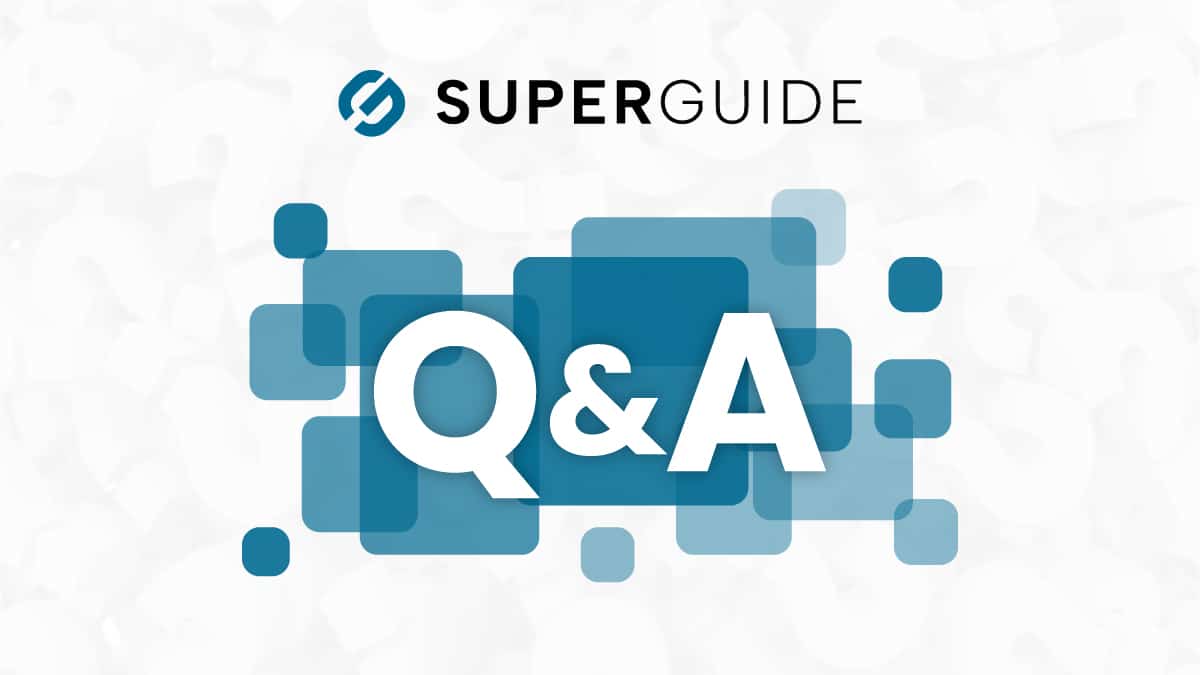


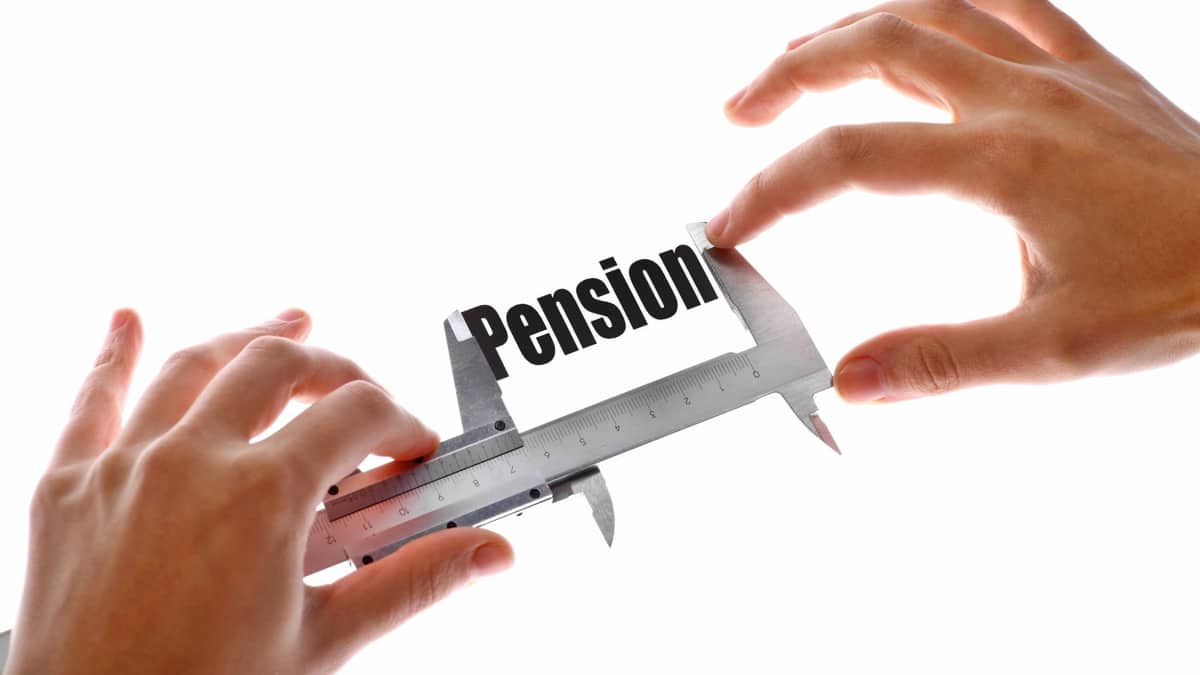
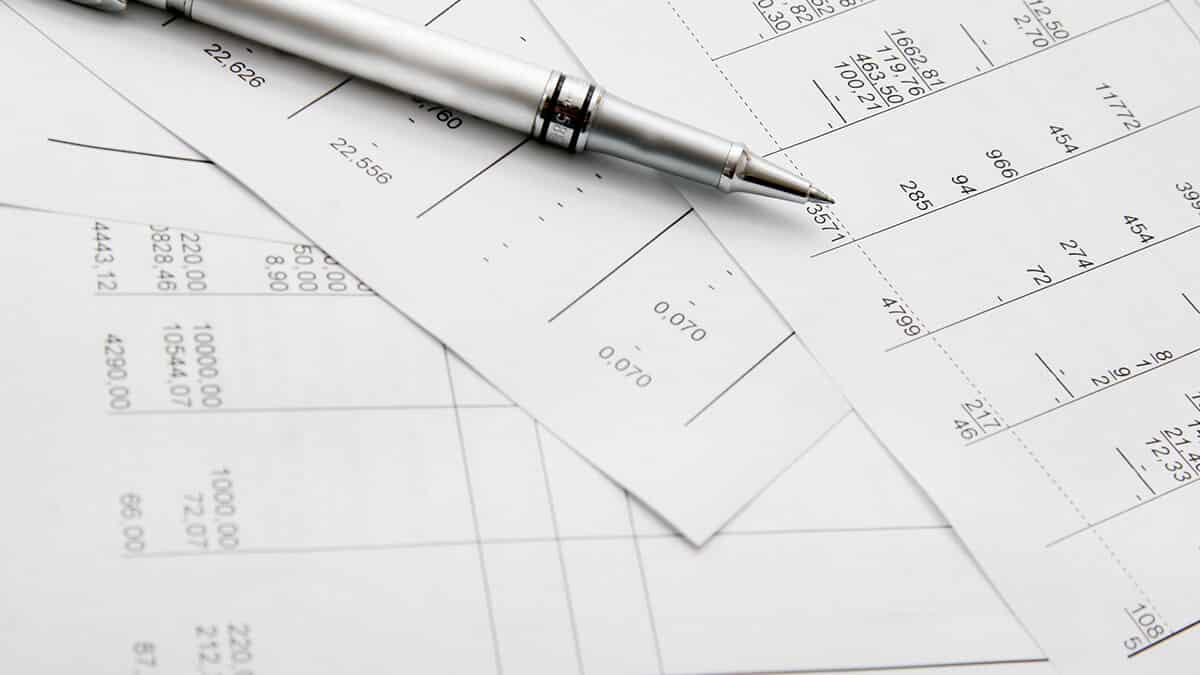







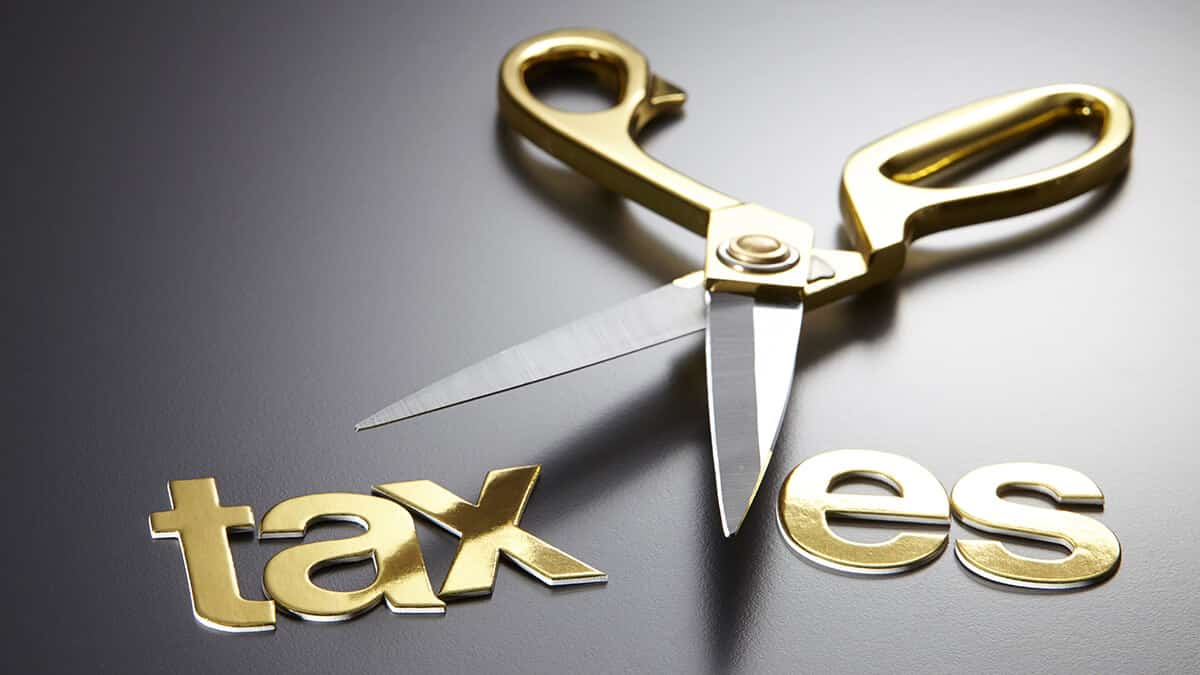
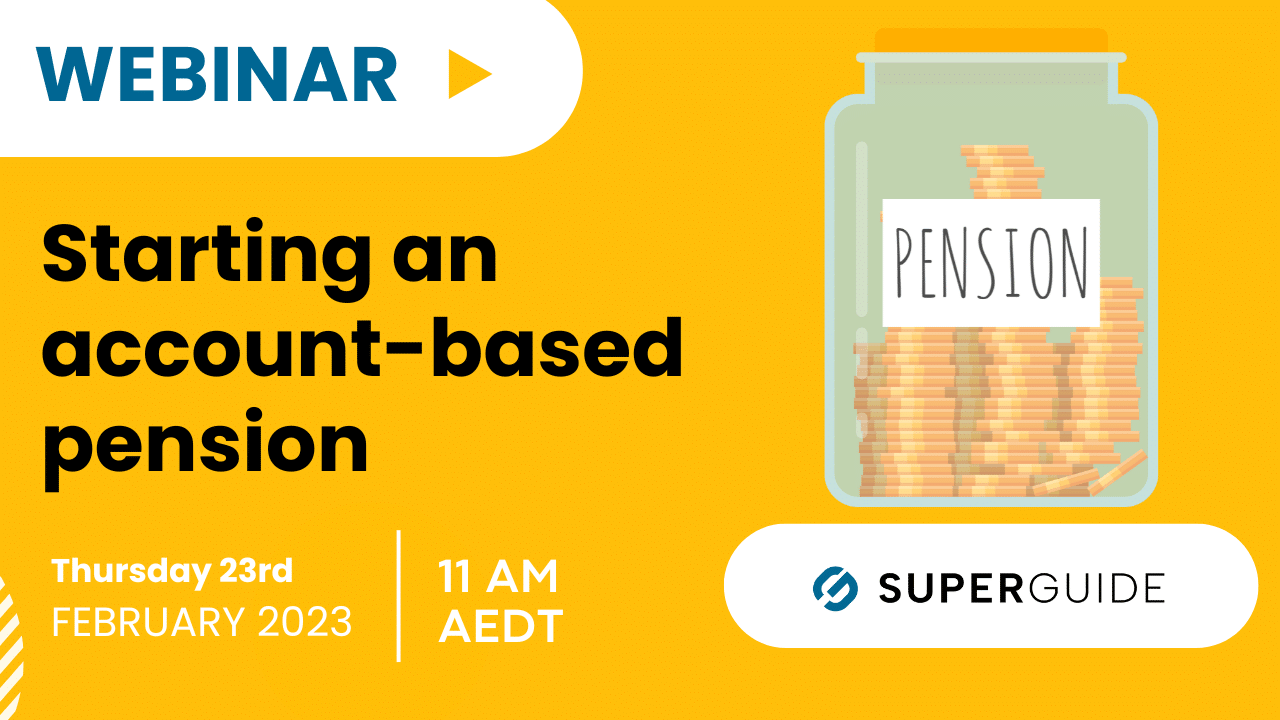
Leave a comment
You must be a SuperGuide member and logged in to add a comment or question.